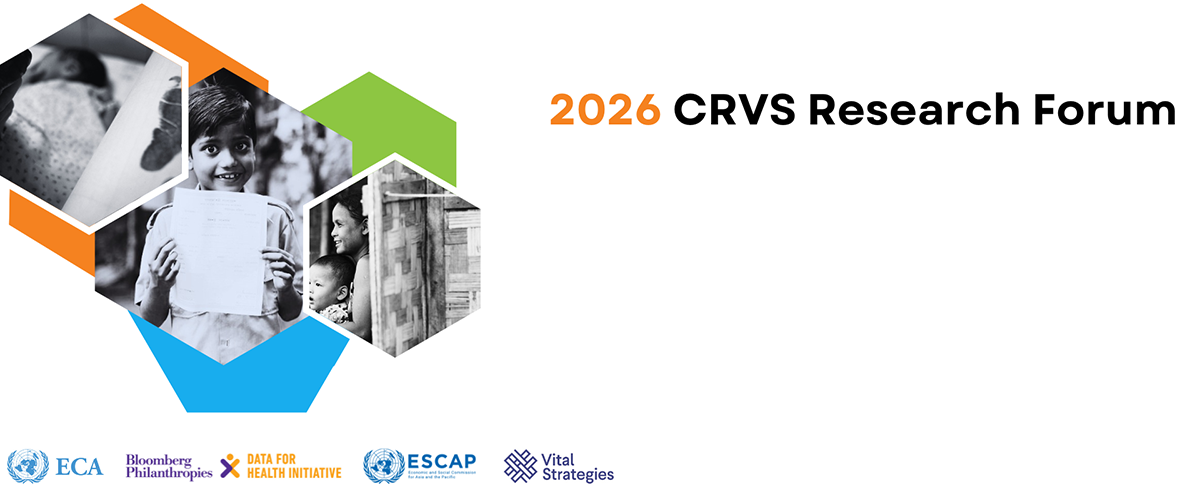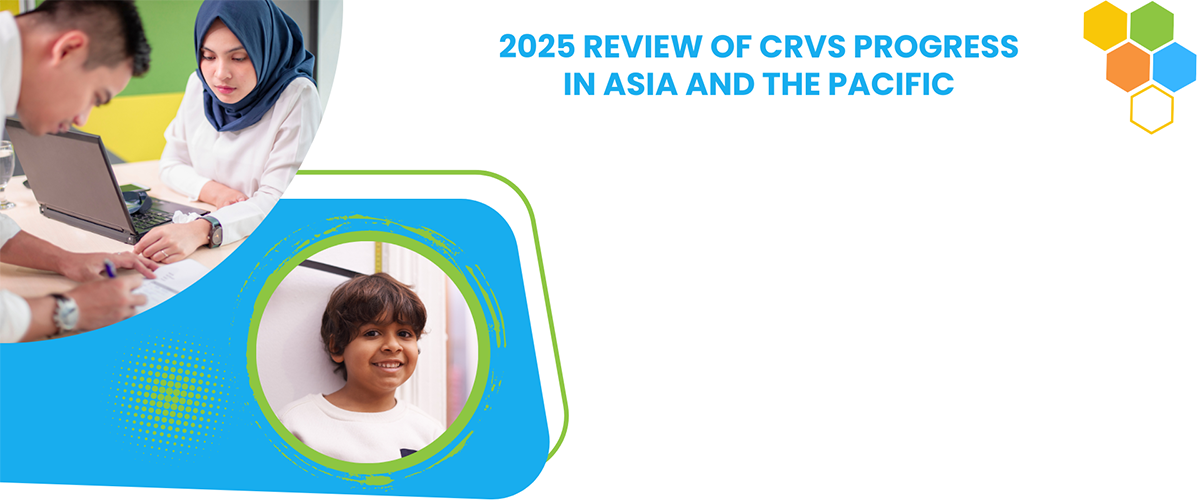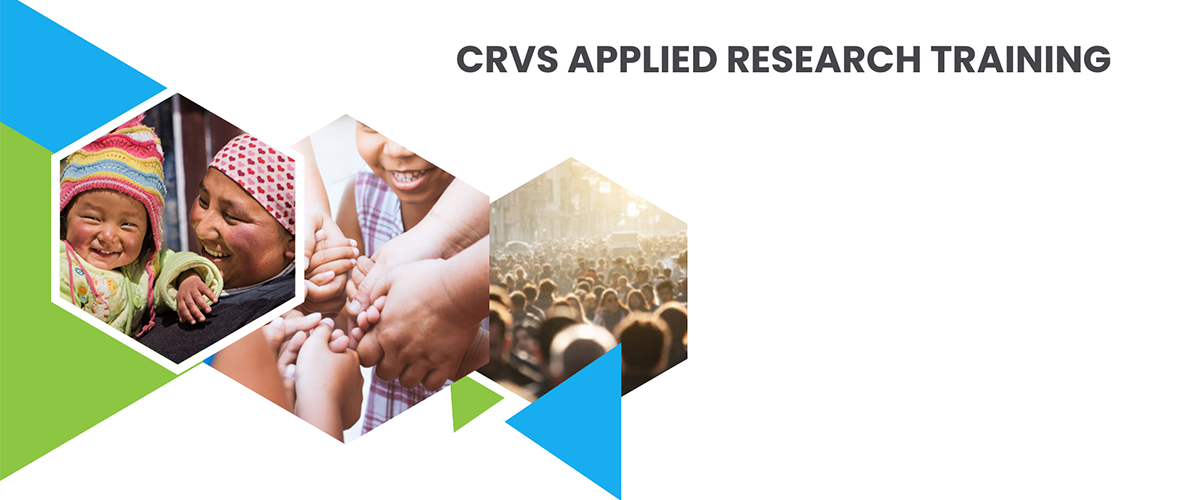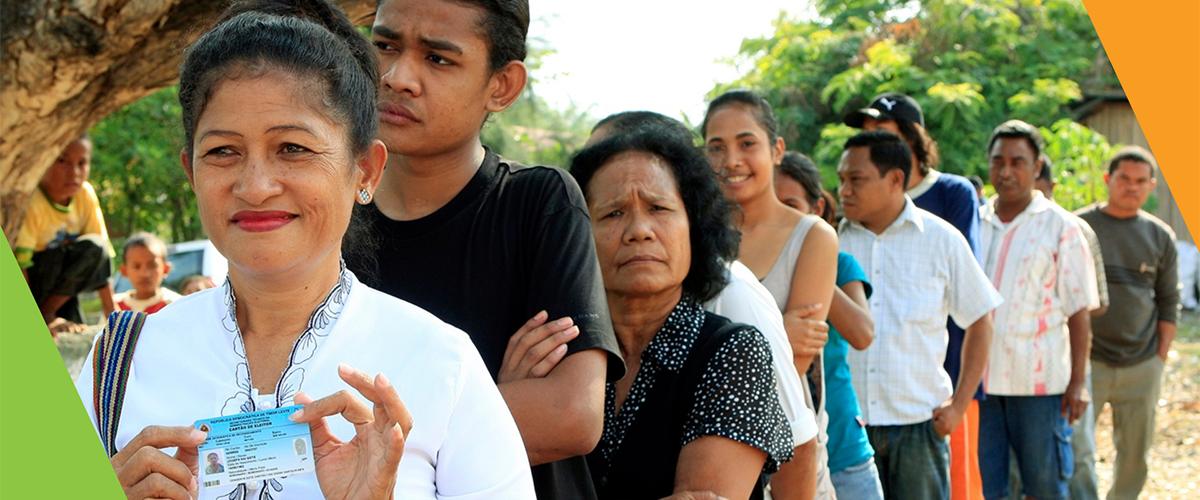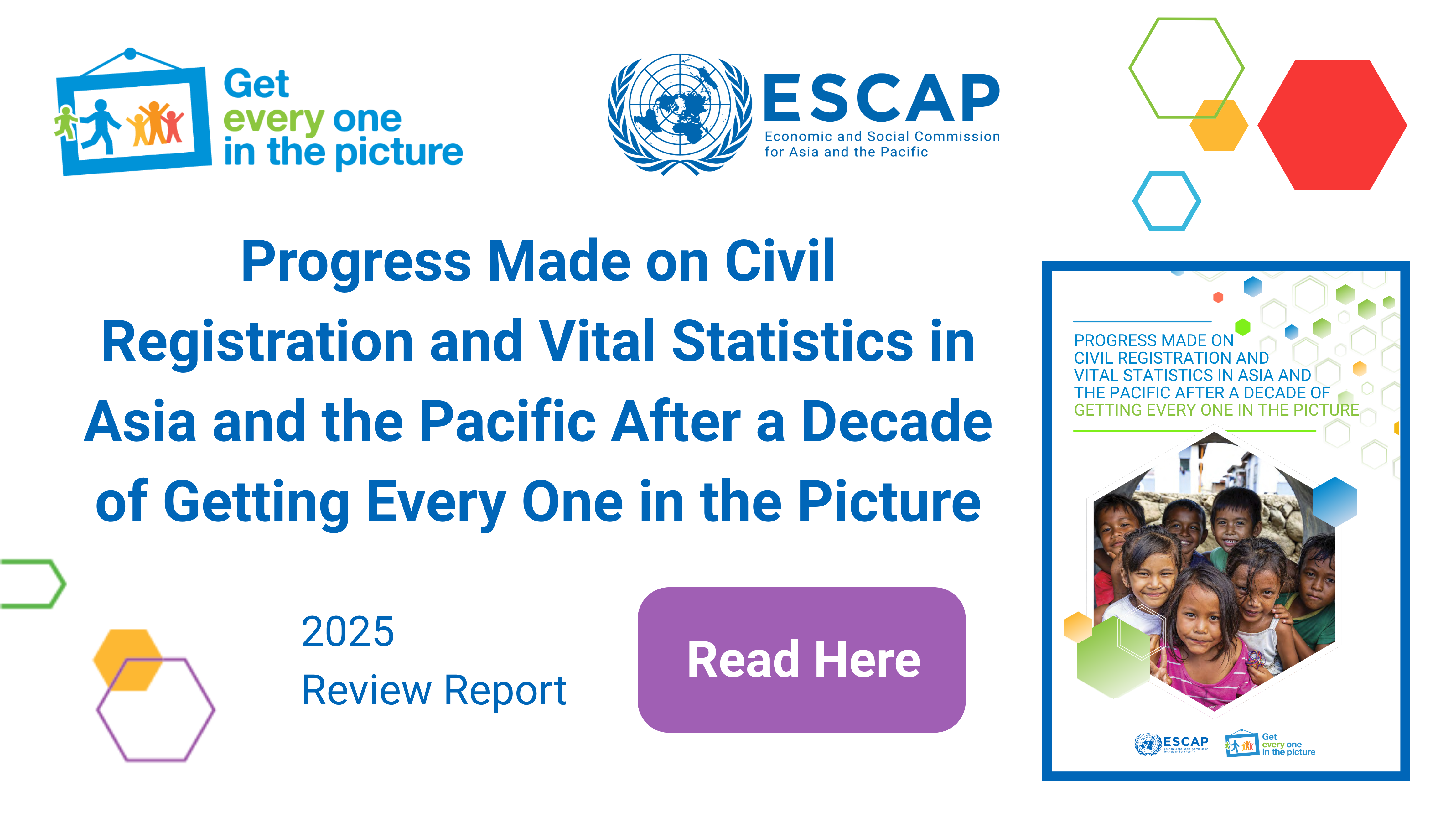Exploring the Nexus Between Poverty, Human Rights, and Statelessness in Cambodia
Poverty, human rights, and statelessness interrelate with one another to varying degrees. Underlying the dynamics of this relationship is a functioning CRVS system, particularly birth and marriage registration, and national identification.

